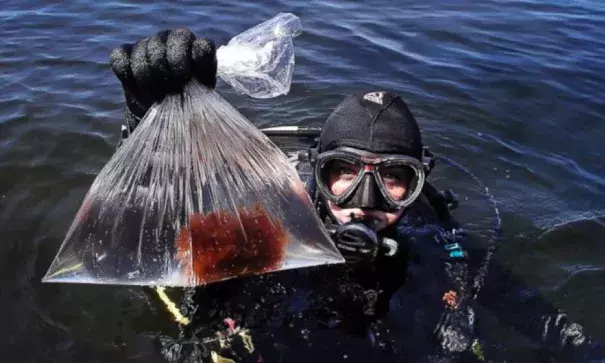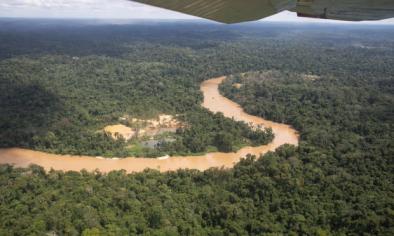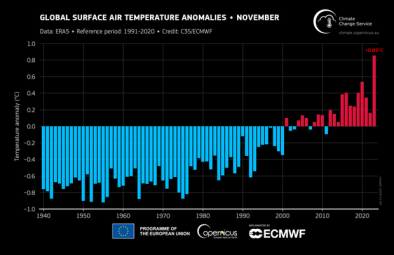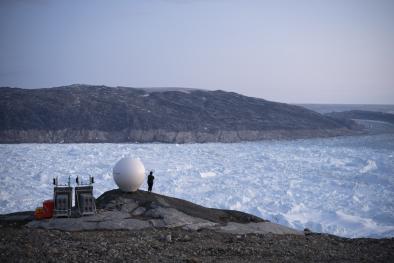Where's the kelp? Warm ocean takes toll on undersea forests

The Gulf of Maine, stretching from Cape Cod to Nova Scotia, is the latest in a growing list of global hotspots losing their kelp, including hundreds of miles in the Mediterranean Sea, off southern Japan and Australia, and parts of the California coast.
Among the world's most diverse marine ecosystems, kelp forests are found on all continental coastlines except for Antarctica and provide critical food and shelter to myriad fish and other creatures. Kelp also is critical to coastal economies, providing billions of dollars in tourism and fishing.
The likely culprit for the loss of kelp, according to several scientific studies, is warming oceans from climate change, coupled with the arrival of invasive species. In Maine, the invaders are other seaweeds. In Australia, the Mediterranean and Japan, tropical fish are feasting on the kelp.
Most kelp are replaced by small, tightly packed, bushy seaweeds that collect sediment and prevent kelp from growing back, said the University of Western Australia's Thomas Wernberg.
"Collectively these changes are part of a recent and increasing global trend of flattening of the world's kelp forests," said Wernberg, co-author of a 2016 study in the Proceedings of the National Academy of Sciences, which found that 38 percent of kelp forest declined over the past 50 years in regions that had data.
Kelp losses on Australia's Great Southern Reef threaten tourism and fishing industries worth $10 billion. Die-offs contributed to a 60 percent drop in species richness in the Mediterranean and were blamed for the collapse of the abalone fishery in Japan.
"You are losing habitat. You are losing food. You are losing shoreline protection," said University of Massachusetts Boston's Jarrett Byrnes, who leads a working group on kelp and climate change. "They provide real value to humans."
...
Kelp is incredibly resilient and has been known to bounce back from storms and heat waves.
But in Maine, it has struggled to recover following an explosion of voracious sea urchins in the 1980s that wiped out many kelp beds. Now, it must survive in waters that are warming faster than the vast majority of the world's oceans — most likely forcing kelp to migrate northward or into deeper waters.
Related Content






